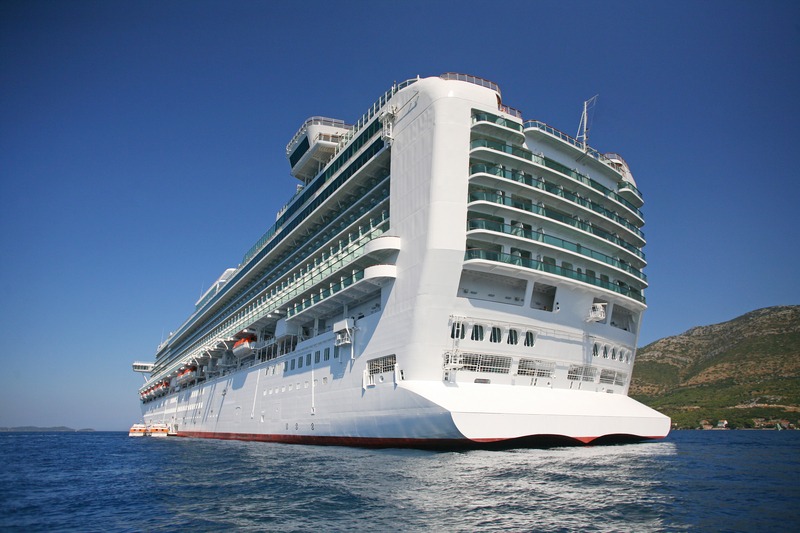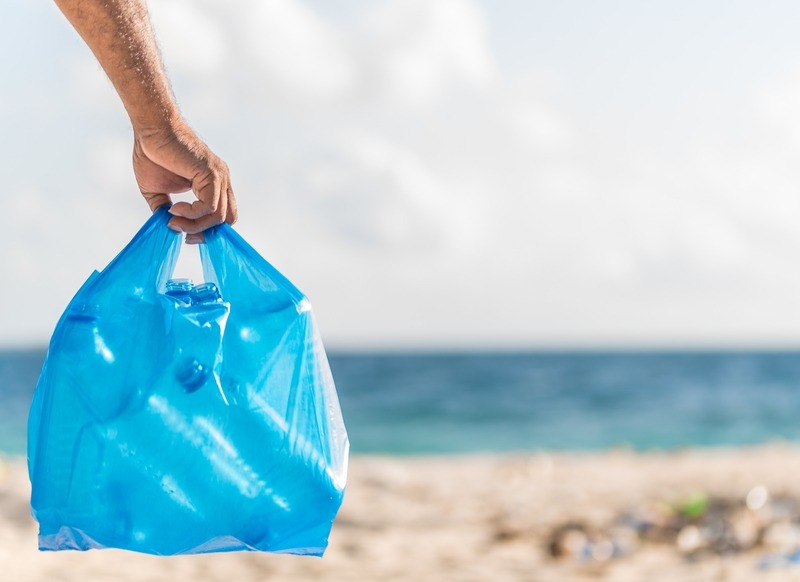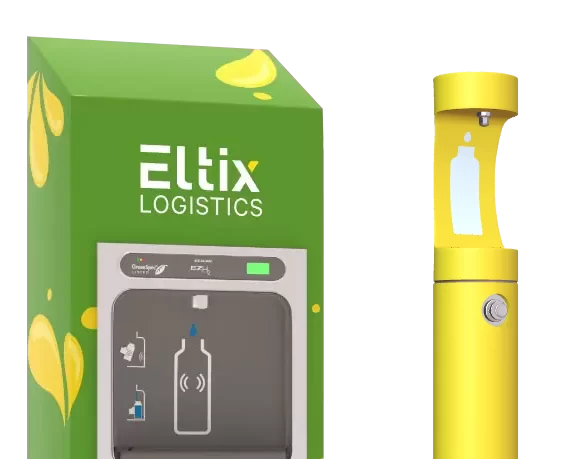 6th Dec 2017 by MIW Water Coolers
6th Dec 2017 by MIW Water Coolers
Seaing the Need for Change
How our rubbish is destroying the oceans.
I don’t generally like to focus on the negatives in life; our world is a wonderful place, and us Brits are lucky enough to live in one of the most wonderful places on it. The thing is, every so often I find myself reading something that makes me really depressed, and today is one of those days.
Did you know that it’s entirely legal to dump waste in the ocean, as long as you’re more than 12 miles from a coast? Everything other than plastic is completely permissible. And because it’s legal, people do it. By the tonne.
Raw sewage. General waste. Toxic-chemical-filled grey water. Anything you might find on a cruise ship or working platform. In it all goes. And we then shake our heads and wonder why our beaches are so dirty, and why our marine life is dying, and why we’re finding plastics in seafood.
This is what really got me to thinking; a table of the lifespan of litter when dumped at sea, published by Coastal Care. It shows the typical time it takes for products to degrade when dumped in the ocean. It’s sobering stuff.
| Paper towel | 2-4 weeks |
| Orange or banana peel | 2-5 weeks |
| Newspaper | 6 weeks |
| Apple core | 2 months |
| Waxed milk carton | 3 months |
| Plywood | 1-3 years |
| Wool sock | 1-5 years |
| Cigarette filter | 1-50 years |
| Plastic Bag | (at least) 10-20 years |
| Plastic film canister | 20-30 years |
| Nylon Fabric | 30-40 years |
| Leather | 50 years |
| Tin can | 50 years |
| Foamed plastic cup | 50 years |
| Rubber boat sole | 50-80 years |
| Foamed plastic buoy | 80 years |
| Aluminum can | 80-200 years |
| Disposable diapers | 450 years |
| Plastic beverage bottles | 450 years |
| Monofilament fishing line | 600 years |
| Glass Bottle | 1,000,000 years |
As consumers, we have a huge amount of power. If we stop buying plastic, companies will look for alternatives. If we purchase sustainable products only, big business will have to look that way too. If when we book a holiday, we look at green cruises – those that take steps to responsibly dispose of their litter and sewage – one average-sized cruise ship dumps about 30,000 gallons of human waste into the oceans each day – then the other operators will soon follow suit.
At MIW, our focus is on plastic. We’re working with ZSL London Zoo and a whole host of other prominent stakeholders to further the #OneLess campaign; helping to reduce the numbers of disposable plastic bottles used, first in London, but also in the rest of the country. But we can all do something to change the status quo and reduce all of the litter that goes into landfill and into the seas.
Although it’s illegal to dump plastic in the sea, it still happens, mixed up with all the other detritus from ships and workstations,  not to mention all of the countless drinks bottles idly dropped by lazy pedestrians, which work their ways into streams and rivers and then into seas. According to a study published in the journal Science, every year, 8 million metric tons of plastic end up in our oceans, and that figure could increase by ten-fold over the next 10 years if actions are not taken. And the thing is, action could, and SHOULD be taken. Not just to prevent plastic waste, but to prevent all of our bodies of water from being treated like an open-season rubbish bin.
not to mention all of the countless drinks bottles idly dropped by lazy pedestrians, which work their ways into streams and rivers and then into seas. According to a study published in the journal Science, every year, 8 million metric tons of plastic end up in our oceans, and that figure could increase by ten-fold over the next 10 years if actions are not taken. And the thing is, action could, and SHOULD be taken. Not just to prevent plastic waste, but to prevent all of our bodies of water from being treated like an open-season rubbish bin.
It’s easy to be blinded to the state of the world when things are pretty good, here in dear old England. Apart from the occasional flood, we don’t really experience any natural disasters – no major earthquakes, hurricanes or volcanoes here. We might not always agree with our Government’s policies, but we’re not under a dictatorship, forced to show devotion to our beloved leader. We have freedom of speech, freedom of movement, and the freedom to worship – or not – whatever we do or don’t choose. Sure; things could be better, but they could also be a whole lot worse, so why focus on the negatives?
Because with something like litter, and plastic, and taking care of our planet for future generations, we can do something about the negatives. If we all just used #OneLess plastic bottle a day, or a week, the impact would soon be felt. If we all tried our best to take our rubbish away with us and use recycling bins rather than dumping, littering, or going for the quickest, easiest, general purpose option, our world could easily become a cleaner, brighter, safer place.
So yes; today I am focusing on the negatives, because I’m really, really hoping that if we all work together, we can turn them into positives.











